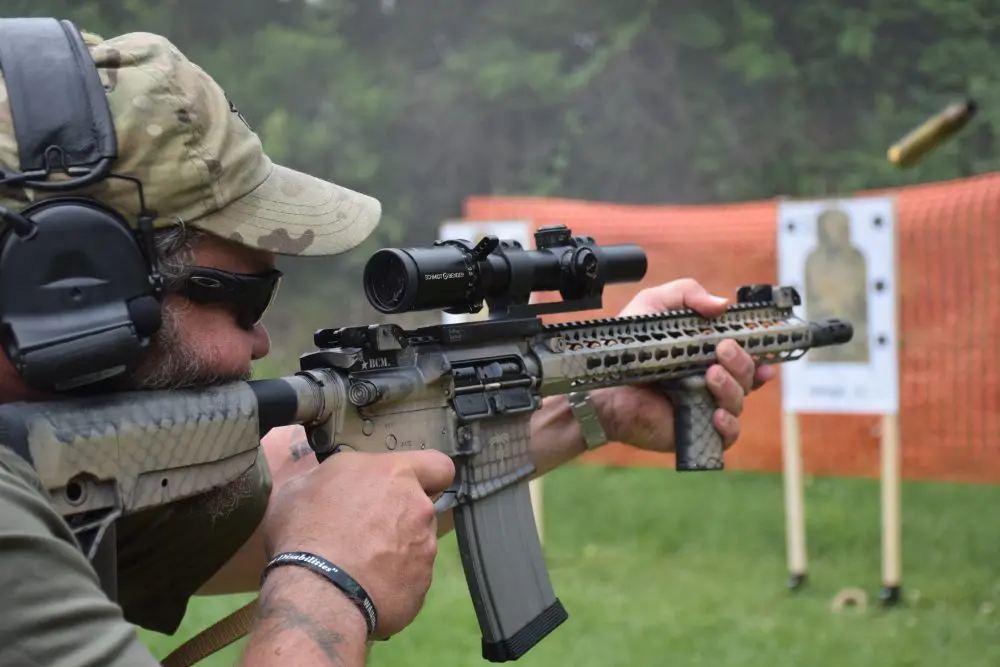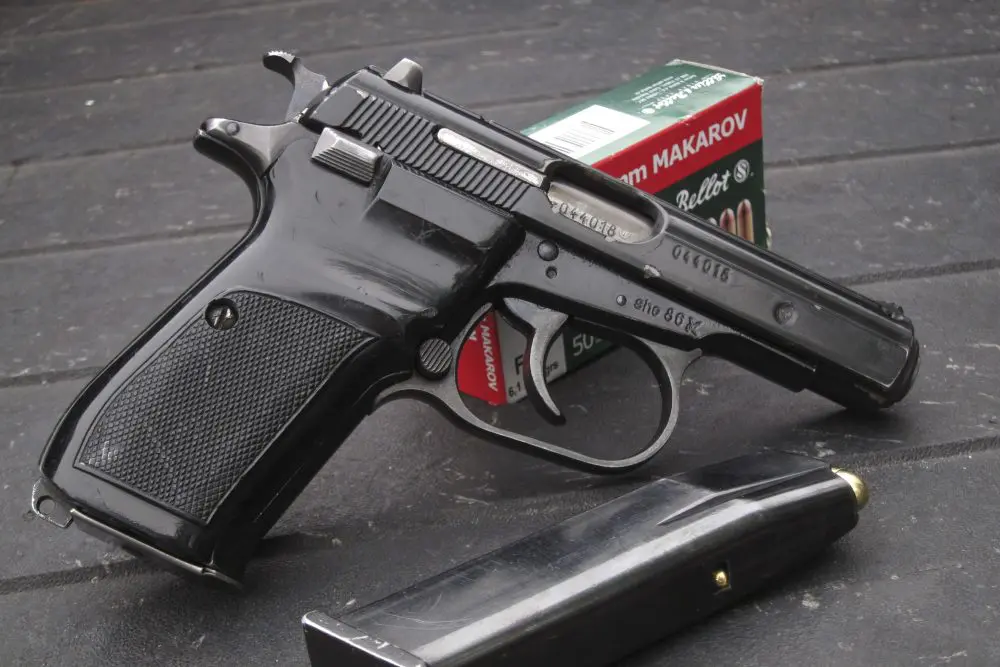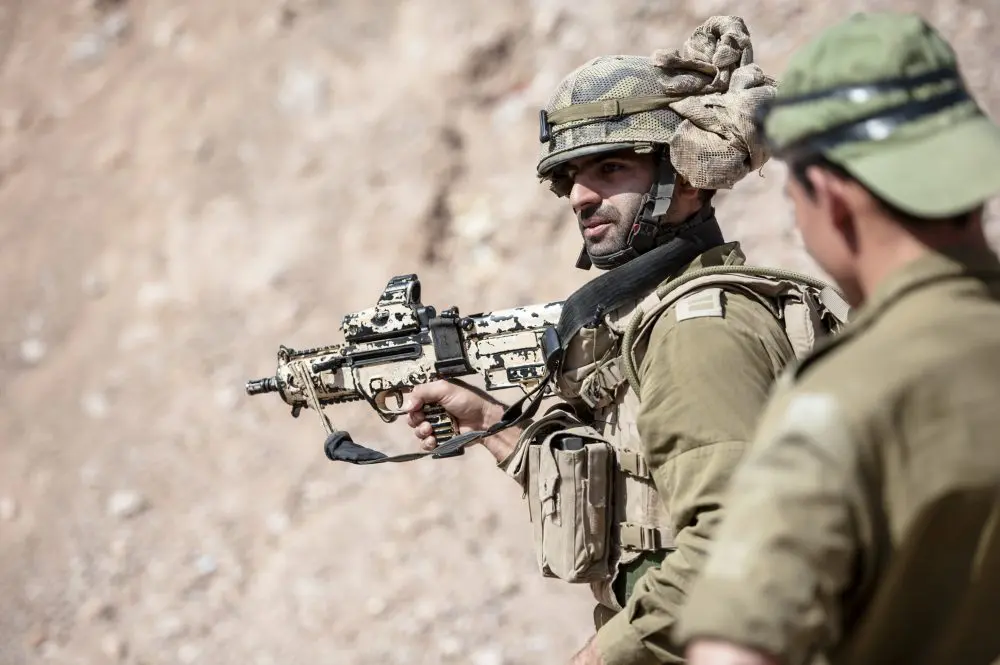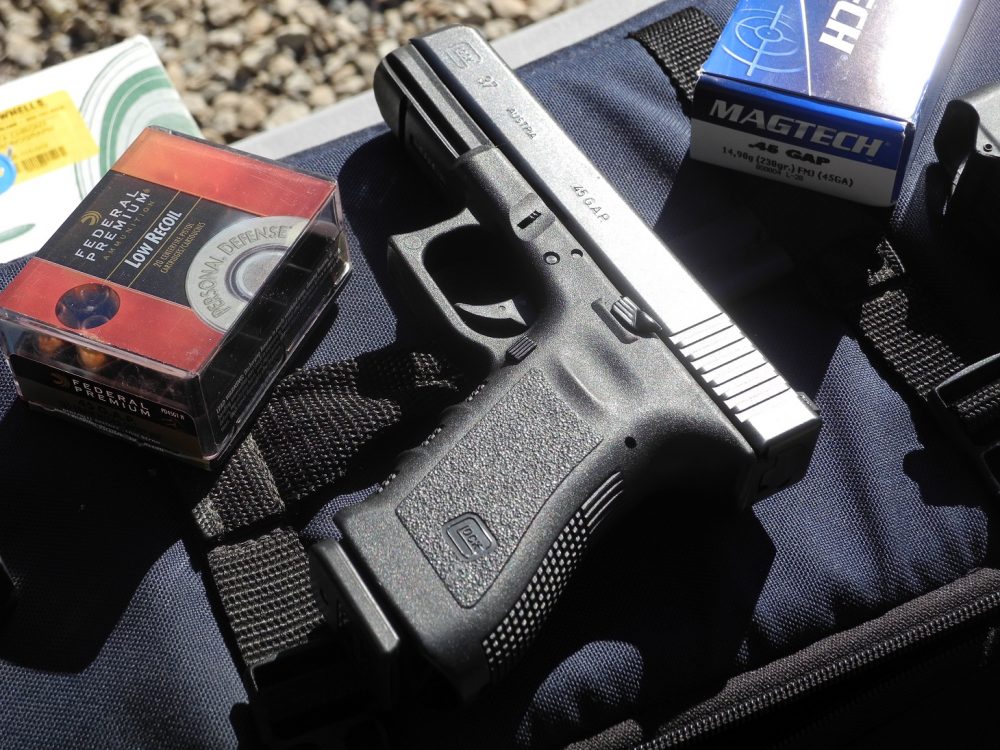In “D” Platoon of the LAPD in the old days, we conducted what I would term “righteous debriefs.” I’m sure they do it today. It was a process that allowed us to learn from our mistakes and not repeat them. Every single member of an operation was given the chance to weigh in on mistakes made by himself and others during SWAT missions.
Even the newly minted “SWAT-pups” had their say. The debrief was conducted after every mission, no matter how long it took or at which hour it occurred. It was not always pretty, but it was a great process and among the finer examples of professionalism I have ever witnessed.
At times, especially after an officer-involved shooting, departments will not admit to mistakes. If any mistakes are admitted, they may be colored by rather obtuse rationale.
The reasoning for shots taken, the amount of rounds fired, who observed what and when and who did what and precisely when they did it can ultimately degrade into a befuddled mess when the truth is all but ignored. A professional (and the opposition in a court case) will see right through this and observe it for what it truly is.
In an era of instant media, this phenomenon becomes painfully obvious when a departmental spokesperson misspeaks concerning an incident. The truth soon emerges and the department is left appearing less than professional. This is especially troublesome if all parties involved are described as heroes to the media while in truth, the incident was a complete trainwreck and the officers are found to have been incompetent when all the details emerge.
I am aware of one incident that played out in the media as one thing when in fact many more rounds were fired than described or necessitated, there were cross-fire incidents and officers shooting at one another, and numerous other mistakes as well.
There is a way to avoid this. When an incident occurs, a brutally honest debrief is in order. One cannot worry about assuaging feelings and egos. Nepotism has no place here, nor does favoritism or rank or tenure. A screw-up is a screw-up—period.
If this is done professionally, any member who fouls up needs to take responsibility for their mistakes and train not to repeat the same mistakes in future. Supervisors who cover for individuals are not professional and should not be supervisors.
Our SWAT debriefs could get beyond brutal yet hilarious at the same time. If an officer was embarrassed, he was expected to simply get over it (you were in “D” Platoon, after all), carry on and learn from his mistakes. God knows I made my share and then some.
The real benefit was that everyone knew we were all capable of making mistakes at any point in time, which had the concomitant effect of steeling one’s resolve not to screw the pooch again. We learned from our mistakes, which is why our unit was (and is) one of the finest in the world. If you do not admit to the mistake, nothing will ever be learned and you’re bound to repeat it.
Cover-ups do not work. Nor do disingenuous accolades or awards. Nothing is learned nor gained from this. I am not a big fan of awarding the Medal of Valor to incompetent individuals, and yet this does occur. Some might point to the fact that to admit mistakes opens one up to future lawsuits. Newsflash, sports fans: the lawsuit is already coming, so get ahead of it and it will make it a much more defensible case.
Another less discussed and yet painfully obvious aspect is that other units around the world can pretty much figure out the truth. In your hometown, you might get away with whitewashing an incident, but it’s being discussed among units all over the world—and I mean all over the world, and whitewashing does not engender much respect from these other units.
I have literally stepped off a plane and been queried rather pointedly about an incident that occurred mere hours before my arrival. News travels faster and faster every day. The entire world is changing and we, whether we like it or not, must change with it. If this is not to your liking, I suggest floral arranging or cupcake baking as a profession.
Nothing is more refreshing than to observe a department admit to mistakes up front. It engenders respect from other professionals and the community. We all make mistakes. No one is perfect, especially in a profession replete with unpredictable and fast-moving events. I can readily defend mistakes but cannot defend dishonesty or at best disingenuous statements.
Debriefs of incidents need to be brutally honest, with no hold back. They must be constructive if anything is to be learned from them. Shortening the process has never and will never work, as the problems that exist are not admitted to and therefore can never be learned from.
Scott Reitz is a 30-year veteran of the Los Angeles Police Department and the director of the highly acclaimed International Tactical Training Seminars. Course information and schedules are available at their website at www.internationaltactical.com. Looking Back, a free monthly newsletter, is available by email at [email protected].





